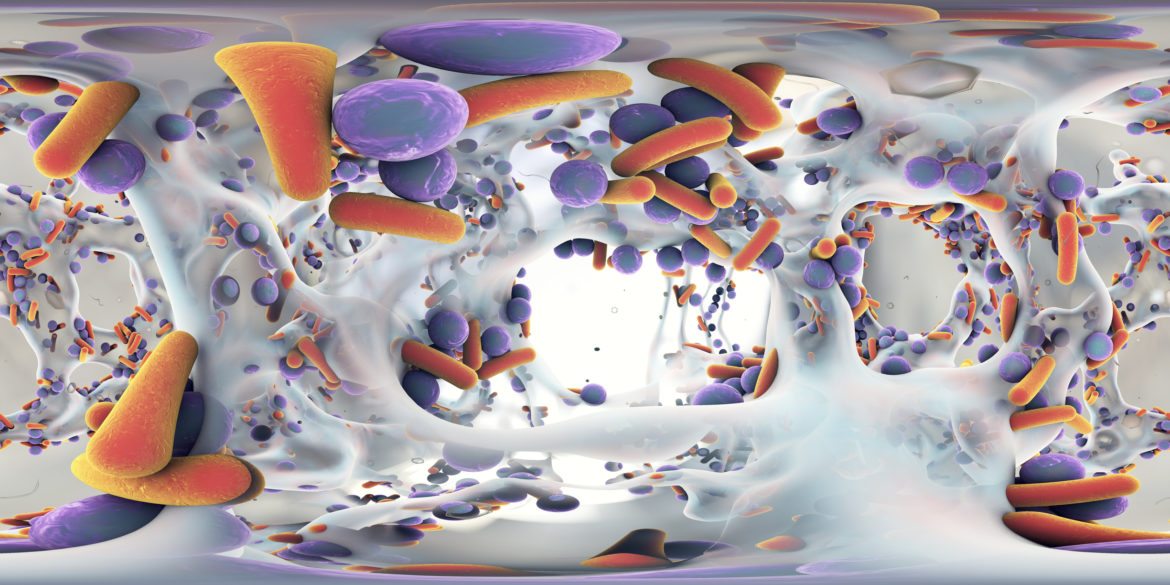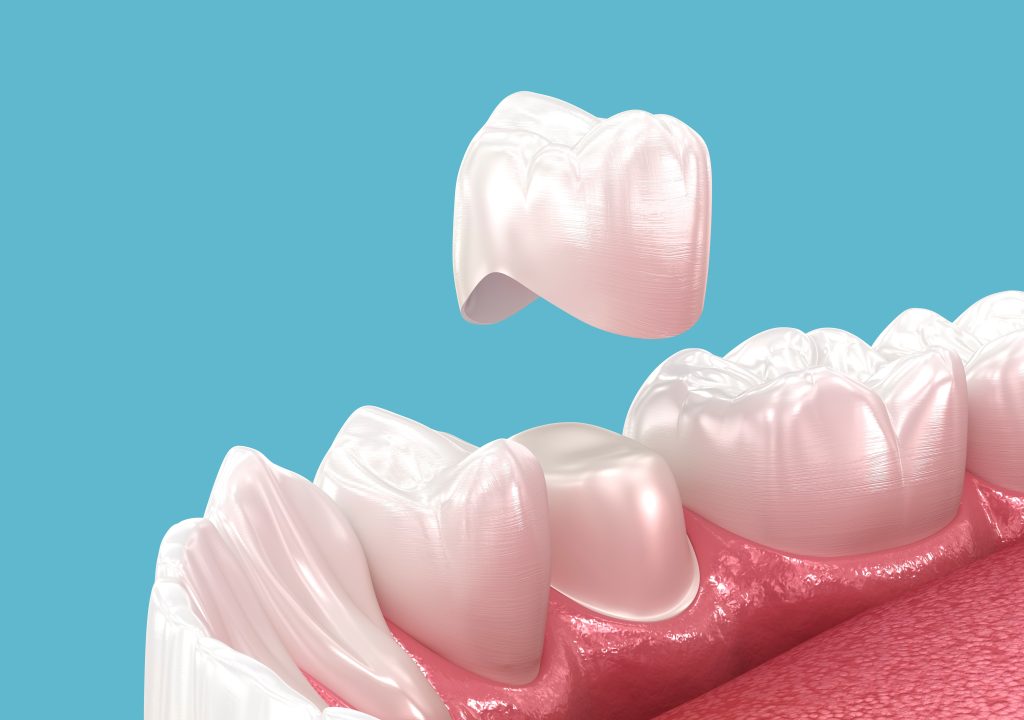As a family dentist in Salmon Creek, Dr. Nelson fully understands the risks his patients’ oral health face from harmful oral bacteria. While most of our patients at Salmon Creek Family Dental know the important role brushing and flossing play in protecting the long-term health of our teeth and gums, many still don’t fully understand why these habits are so invaluable.
The old adage is that sugar rots your teeth. While the notion offers a rough overview of why cutting back on sugar can mean healthier teeth and gums, it’s not entirely accurate. Sugar doesn’t actually do anything to your oral health by itself. What eating sugar does do is provide the harmful oral bacteria that thrives on our mouths with the fuel it needs to produce acids that slowly dissolve away the hard outer shell of our teeth called enamel.
Plaque – a sticky biofilm – clings to the surface of our teeth using the foods we consume as a fuel source to wreak havoc on our long-term oral and overall health. To better understand how plaque functions and why brushing and flossing are so important, we need to gain a better understanding of what exactly a biofilm is and why it’s so hard to remove from our teeth.
What is a Biofilm?
Plaque is a common example of a biofilm, and certainly the most common type we encounter daily. Run your nail over the surface of a front tooth and – depending how long it’s been since you last brushed – you may pull away a slimy, whitish substances that constitutes an oral biofilm. When left unremoved, the biofilm produces dental plaque and tartar, both of which increase your risk of tooth decay and gum disease.
Other forms of biofilm – such as tenacious biofilm – can contaminate household appliances like ice makers, humidifiers and coffee makers if not frequently cleaned.
What makes biofilms so tricky is their ability to provide strong protection to the harmful bacteria that lies within. It’s useful to think of a biofilm like a protective shell that keeps the bacteria inside safe from healthy bacteria and other agents that would otherwise neutralize these substances. Even disinfectants do not seem to have a big impact on biofilm, as you can see from the slime that accumulates on the walls of swimming pools despite the aggressive chlorination and the use of chemical retardants.
In medicine, biofilms clog and contaminate medical devices, where they form dense layers that stick to artificial surfaces. Studies suggest that most if not all implant infections are due to biofilms, including infections in artificial heart valves, dental appliance, cardiac pacemakers, contact lenses and much more.
As often is the case when harmful bacteria are allowed to gather, biofilms have been linked to a wide variety of chronic infections. Researchers even estimate that biofilms complicate the majority of bacterial infections in humans. Overall, biofilms make the control and eradication of harmful bacteria far more difficult for patients and doctors to handle.
The Role of Brushing & Flossing
So why do we need to brush and floss? Simple, it all has to do with biofilms.
Since biofilms provide such strong protection to harmful oral bacteria, we actually need to scrub these substances from the surface of our teeth. If it wasn’t for biofilms, we could probably adequately protect our oral health simply by rinsing with a mouthwash containing fluoride after every meal. However, biofilms actually insulate oral bacteria, protecting these substances from antibacterial mouthwashes that would otherwise protect our teeth and gums.
This makes brushing and flossing the most effective ways of eliminating biofilms from the surface of our teeth. By physically scrubbing the biofilms from the surface of our teeth, we offer additional protection to our long-term oral health. This is also why patients who fail to brush and floss daily have a higher risk for developing tooth decay and gum disease when compared to those who take their oral hygiene more seriously.
So that’s it! Your family dentist in Salmon Creek hopes you’ve gained a little more insight into why brushing and flossing mean so much to your oral health and why it’s necessary to so vigorous attack the biofilms that can negatively impact your teeth and gums now and into the future.







